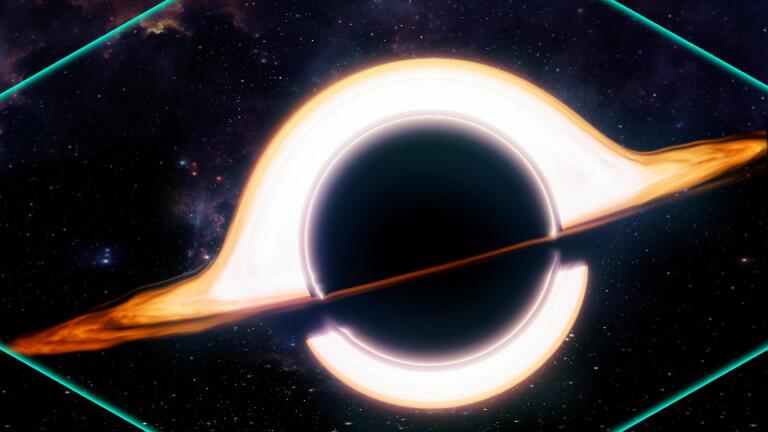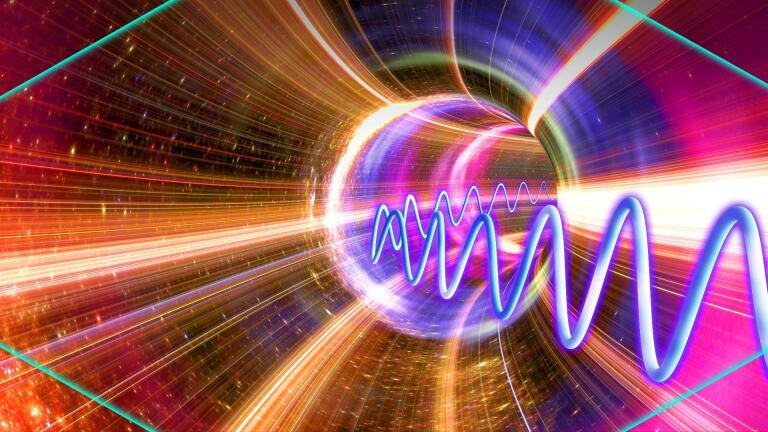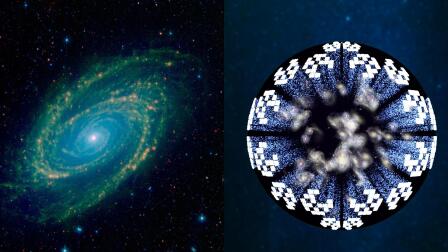Back to Show
PBS Space Time
The Future of Gravitational Waves
Season 2
Episode 36
On September 14th, 2015 LIGO announced the first detection of a gravitational wave. This was hailed at the time as the dawn of gravitational wave astronomy. However that’s only true if the we ever detect another gravitational wave. Now we have. On December 26th LIGO again observed the merger of two different black holes.
Sign up now for inspiring and thought-provoking media delivered straight to your inbox.
Support Provided By

12:36
We explore how a black hole manages to communicate its gravitational force.

12:26
We explore the possibility of building a universe and all the limitations it presents.

14:14
Let’s learn how to cheat the universe.

14:28
Time to update you on the hunt for galactic empires.

13:29
This is what happens if microscopic primordial black holes could actually hit Earth.

14:07
Black holes of string theory - fuzzballs - are perhaps even weirder than the regular type.

14:28
We learn more about Modified Newtonian Dynamics aka MOND.

14:28
ACTION is the concept in physics that may be more fundamental than energy and entropy.

11:41
Constructor Theory is the ability to see the deepest underlying facts about the world.

13:00
New efforts in quantum tunneling show that superluminal motion may be possible.

14:15
The idea of magnetic monopoles remains one of physics’ most tantalizing maybes.

15:10
The fact is that all electrons are the same as each other and the object is what changes.











